The Costs of Reproducibility
The potential costs for early-career researchers in adopting practices to improve reproducibility as well as ways in which they can nontheless achieve their career goals.

publications
Send us a link
The potential costs for early-career researchers in adopting practices to improve reproducibility as well as ways in which they can nontheless achieve their career goals.

The postdoctoral community is an essential component of the academic and scientific workforce, but a lack of data about this community has made it difficult to develop policies to address concerns about salaries, working conditions, diversity and career development, and to evaluate the impact of existing policies. A recent study aims to address this gap.
In 1856, Eunice Foote had to listen to a man present her paper because of her sex. In 2019, women undoubtedly have greater access to academic training, support, and mentorship than in the mid-19th century. But the ultimate and fundamental sex equality that Foote and her colleagues called for in 1848 has yet to be achieved in medicine, nursing, public health, and the sciences.
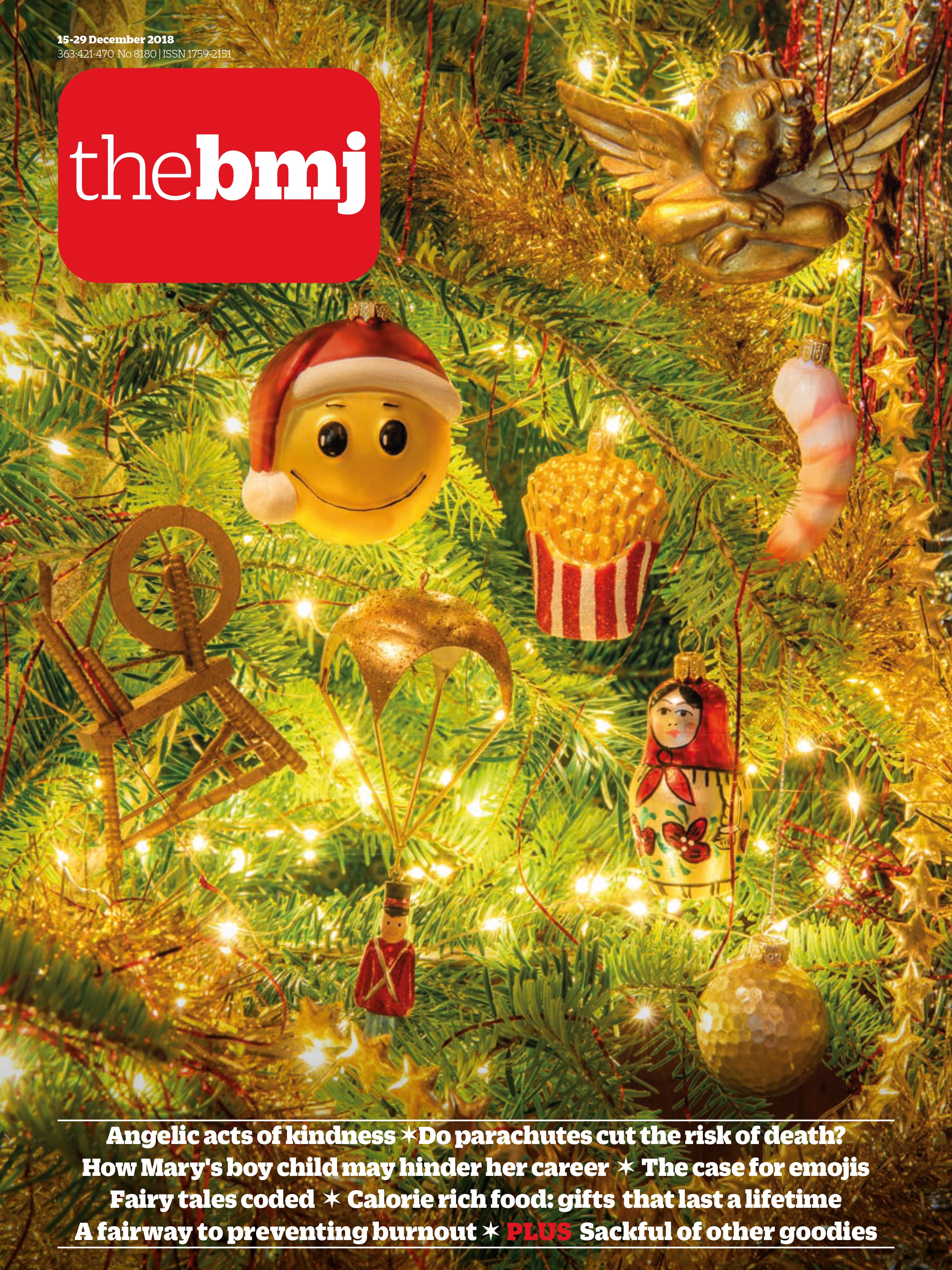
To date, the majority of authors on scientific publications have been men. While much of this gender bias can be explained by historic sexism and discrimination, there is concern that women may still be disadvantaged by the peer review process if reviewers' unconscious biases lead them to reject publications with female authors more often. One potential solution to this perceived gender bias in the reviewing process is for journals to adopt double-blind reviews whereby neither the authors nor the reviewers are aware of each other's identities and genders. To test the efficacy of double-blind reviews, we assigned gender to every authorship of every paper published in 5 different journals with different peer review processes (double-blind vs. single blind) and subject matter (birds vs. behavioral ecology) from 2010-2018 (n = 4865 papers). While female authorships comprised only 35% of the total, the double-blind journal Behavioral Ecology did not have more female authorships than its single-blind counterparts. Interestingly, the incidence of female authorship is higher at behavioral ecology journals (Behavioral Ecology and Behavioral Ecology and Sociobiology) than in the ornithology journals (Auk, Condor, Ibis), for papers on all topics as well as those on birds. These analyses suggest that double-blind review does not currently increase the incidence of female authorship in the journals studied here. We conclude, at least for these journals, that double-blind review does not benefit female authors and may, in the long run, be detrimental.
The reality and potential of the modern storm of digital data together with pervasive communication have profound implications for society, the economy and for science. No state should fail to adapt its national intellectual infrastructure to exploit the bene ts and minimise the risks this technology creates. Open Science is a vital enabler: in maintaining the rigour and reliability of science; in creatively integrating diverse data resources to address complex modern challenges; in open innovation and in engaging with other societal actors as knowledge partners in tackling shared problems. It is fundamental to realisation of the SDGs.
The challenge for Africa. National science systems worldwide are struggling to adapt to this new paradigm. The alternatives are to do so or risk stagnating in a scientific backwater, isolated from creative streams of social, cultural and economic opportunity. Africa should adapt, but in its own way, and as a leader not a follower, with its own broader, more societally-engaged priorities. It should seize the challenge with boldness and resolution by creating an African Open Science Platform, with the potential to be a powerful lever of social, cultural and scientific vitality and of economic development.
Despite the growing interdisciplinarity of research, the Nobel prize consolidates the traditional disciplinary categorization of science. There is, in fact, an opportunity for the most revered scientific reward to mirror the current research landscape.
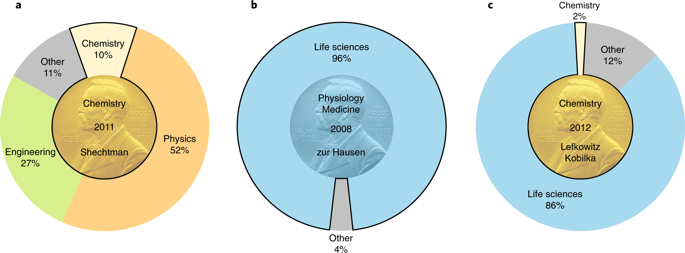
In the 21st Century, research is increasingly data- and computation-driven. Researchers, funders, and the larger community today emphasize the traits of openness and reproducibility. In March 2017, 13 mostly early-career research leaders who are building their careers around these traits came together with ten university leaders (presidents, vice presidents, and vice provosts), representatives from four funding agencies, and eleven organizers and other stakeholders in an NIH- and NSF-funded one-day, invitation-only workshop titled “Imagining Tomorrow’s University.” Workshop attendees were charged with launching a new dialog around open research – the current status, opportunities for advancement, and challenges that limit sharing.
The workshop examined how the internet-enabled research world has changed, and how universities need to change to adapt commensurately, aiming to understand how universities can and should make themselves competitive and attract the best students, staff, and faculty in this new world. During the workshop, the participants re-imagined scholarship, education, and institutions for an open, networked era, to uncover new opportunities for universities to create value and serve society. They expressed the results of these deliberations as a set of 22 principles of tomorrow's university across six areas: credit and attribution, communities, outreach and engagement, education, preservation and reproducibility, and technologies.
Scientific prizes confer credibility to persons, ideas, and disciplines, provide financial incentives, and promote community-building celebrations. The article examines the growth dynamics and interlocking relationships found in the worldwide scientific prize network.
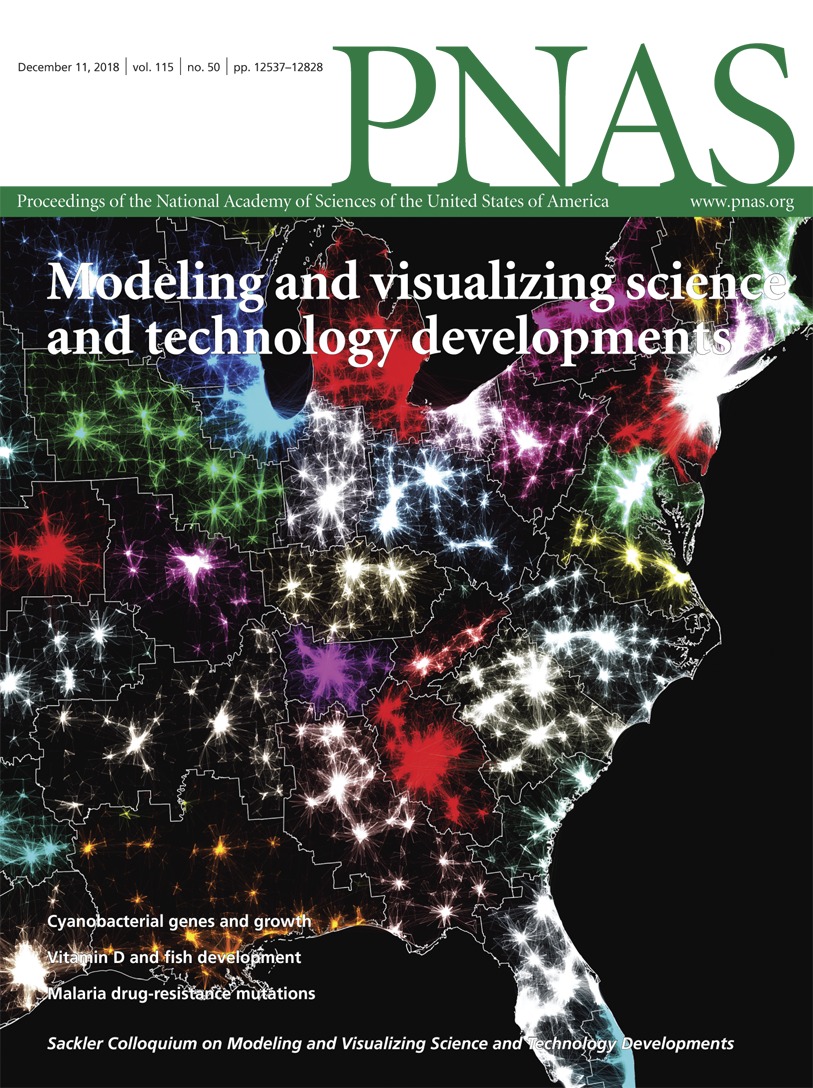
In academia, assessment of grant proposals is the forward‐looking review, the laying out and checking of your research plan, while peer reviews in journals are the final, consolidatory scrutiny before publication. An important difference between these academic checkpoints and my, admittedly somewhat forced fashionista analogy, is that in academia the two stages of review take place independently of each other.
OCLC Research and euroCRIS, the international organization for research information, partnered to develop a survey and synthesize the results to examine how research institutions worldwide are applying research information management (RIM) practices.
Researchers who are mobile get more citations and build broader teams of collaborators than those who aren't, concludes a recent study.

As open access (OA) to publications continues to gather momentum, we should continuously question whether it is moving in the right direction.
In October 2018, former Catalyst Grant winner 'Ada Lovelace Day' (ALD) celebrated its tenth year of showcasing the achievements of overlooked women in science, technology, engineering and maths (STEM). Championing for greater diversity in STEM, and changing the culture and demographics of research, is a year-round effort, and one that ALD supports. We wanted to help extend the celebration of women in science throughout the year, but also use the tools we have available to us to scientifically analyse the state of gender imbalance in research, and evaluate whether these are changing over time.
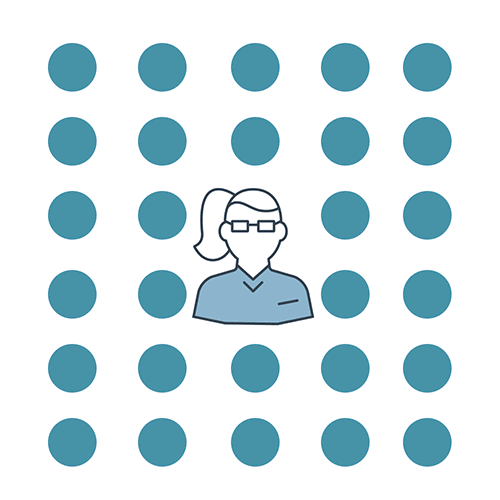
A team of 186 researchers conducted replications of 28 classic and contemporary findings in psychology.
Although citations and related metrics like the H-index are widely used in academia to evaluate research and allocate resources, the referencing decisions on which they are based are poorly understood. This paper investigates whether authors reference works that influenced them most or those they believe the readers will value most.
Review, promotion, and tenure (RPT) processes significantly affect how faculty direct their own career and scholarly progression. Although RPT practices vary between and within institutions, and affect various disciplines, ranks, institution types, genders, and ethnicity in different ways, some consistent themes emerge when investigating what faculty would like to change about RPT. For instance, over the last few decades, RPT processes have generally increased the value placed on research, at the expense of teaching and service, which often results in an incongruity between how faculty actually spend their time vs. what is considered in their evaluation. Another issue relates to publication practices: most agree RPT requirements should encourage peer-reviewed works of high quality, but in practice, the value of publications is often assessed using shortcuts such as the prestige of the publication venue, rather than on the quality and rigor of peer review of each individual item.
A Comparative Study on Recruitment and Selection of Early-career Researchers
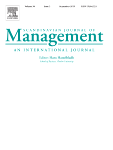
The State of Open Data 2018 looks at global attitudes towards open data. It includes survey results of researchers and a collection of articles from industry experts, as well as a foreword from Ross Wilkinson, Director, Global Strategy at Australian Research Data Commons.

A paper arguing that the uncritical pursuit of reproducibility as an overarching epistemic value is misleading and potentially damaging to scientific advancement.
What contributes to gender-associated differences in preferences such as the willingness to take risks, patience, altruism, positive and negative reciprocity, and trust? Falk and Hermle studied 80,000 individuals in 76 countries who participated in a Global Preference Survey and compared the data with country-level variables. They observed that the more that women have equal opportunities, the more they differ from men in their preferences.
Citizen Science: Innovation in Open Science, Society and Policy identifies and explains the role of citizen science within innovation in science and society, and as a vibrant and productive science-policy interface. The scope of this volume is global, geared towards identifying solutions and lessons to be applied across science, practice and policy. The chapters consider the role of citizen science in the context of the wider agenda of open science and open innovation, and discusses progress towards responsible research and innovation, two of the most critical aspects of science today.
What if scientists benefit from participating in research grant competitions?
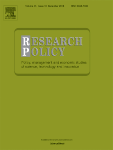
The h-index has gained wide acceptance as a bibliometric indicator of individual scientific achievement. In this paper, J. E. Hirsch proposes an alternative to replacing the h-index with a better index, the h-alpha-index, to address at least some of its deficiencies.
A paper that examines the relationship between placement of publications in Top Five journals and receipt of tenure in academic economics departments.
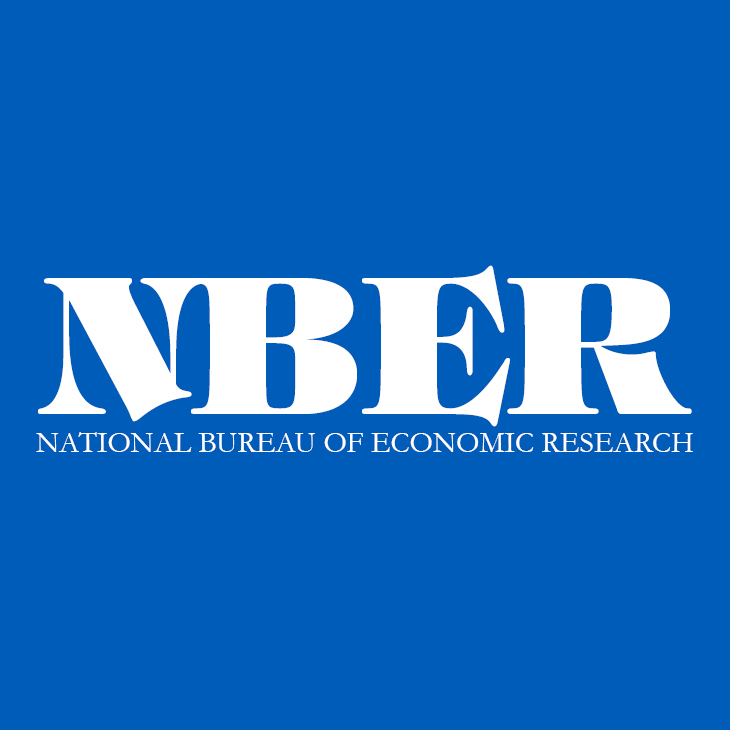
Manuscript showing how Augmented Reality, which is the projection of virtual information onto a real-world object, can be applied in the classroom and in the laboratory.